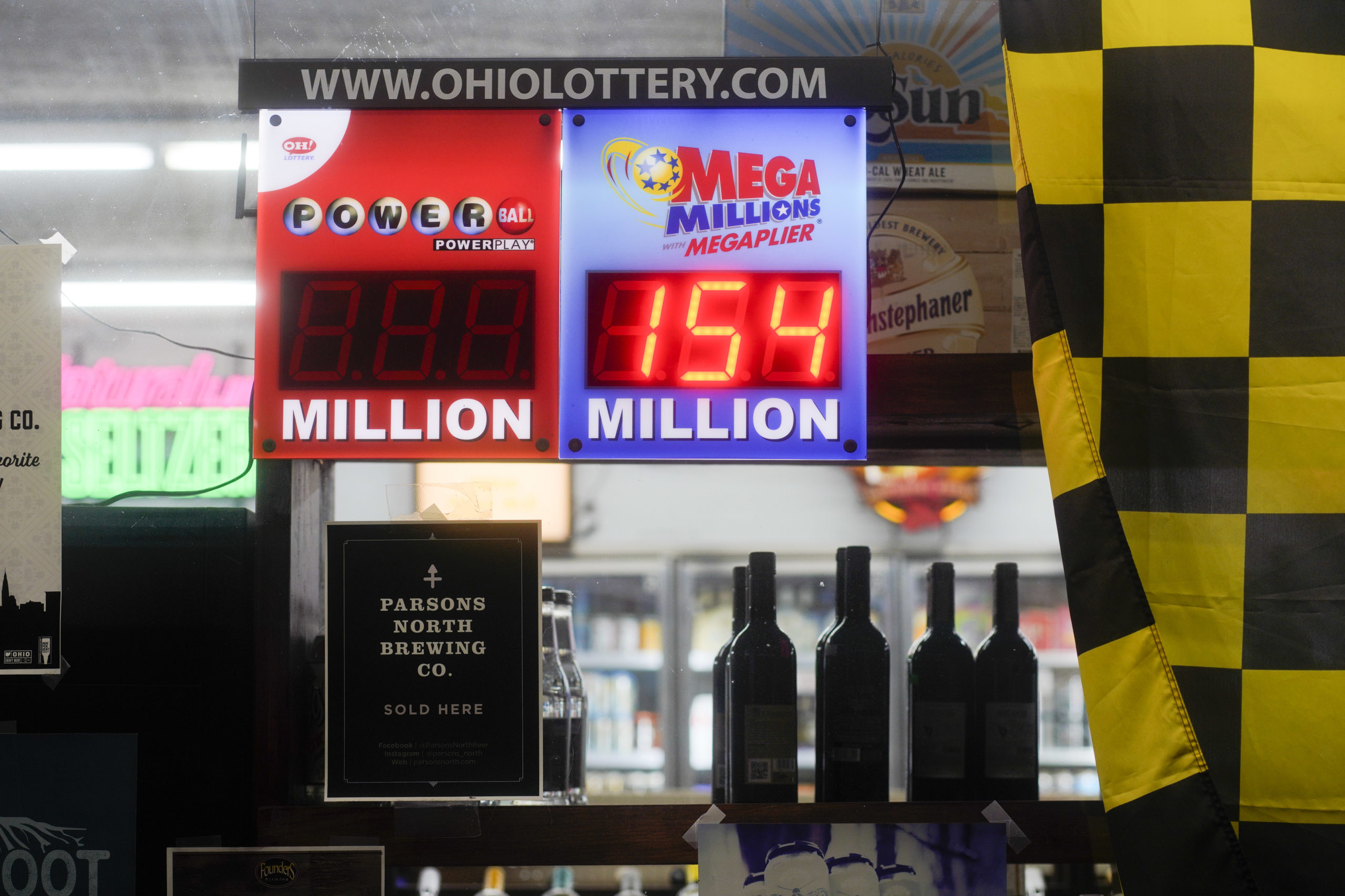The lottery system is receiving criticism from experts for allegedly targeting poor communities.
Les Bernal, national director for Stop Predatory Gambling, spoke to CNN about why he believes the individuals in these communities are being scammed.
Bernal called the lottery a form of “systemic racism” and “consumer financial fraud.”
He explained, “They’re hoping to pay their rent at the end of the month or pay an outstanding medical bill or put their kids through college or they just lost their job and they’re just trying to find a way to make ends meet.”
Bernal continued, “And here you have what is a government program encouraging citizens to lose their money on rigged games.”
According to Bernal, “Commercialized gambling like state lotteries, like the Powerball drawing, they represent a financial exchange that is mathematically stacked against you.”
The outlet mentioned a study by the Howard Center for Investigative Journalism that discovered stores that sell lottery tickets are “disproportionately located in poor communities of every state.”
Former Massachusetts inspector general Gregory W. Sullivan said, “Poor people are collateral damage to a cause of raising money for what the legislators feel is good purposes … public safety, local schools.”
He accused state governments of becoming “dependent on the revenue and any moral considerations get pushed out of view and out of mind.”
Jonathan Cohen, author of “For a Dollar and a Dream: State Lotteries in Modern America,” told CNN the lottery acts as a “mechanism of the American dream” for several individuals.
“And for folks who, especially Black and brown Americans, maybe face discrimination in the traditional economy, well, the lottery doesn’t discriminate, anyone has just as terrible odds of winning,” Cohen explained.
Lottery officials announced earlier this week a Powerball ticket was sold in California for a jackpot record of $2.04 billion.
The estimated cash value of the prize is $997.6 million.

























 Continue with Google
Continue with Google